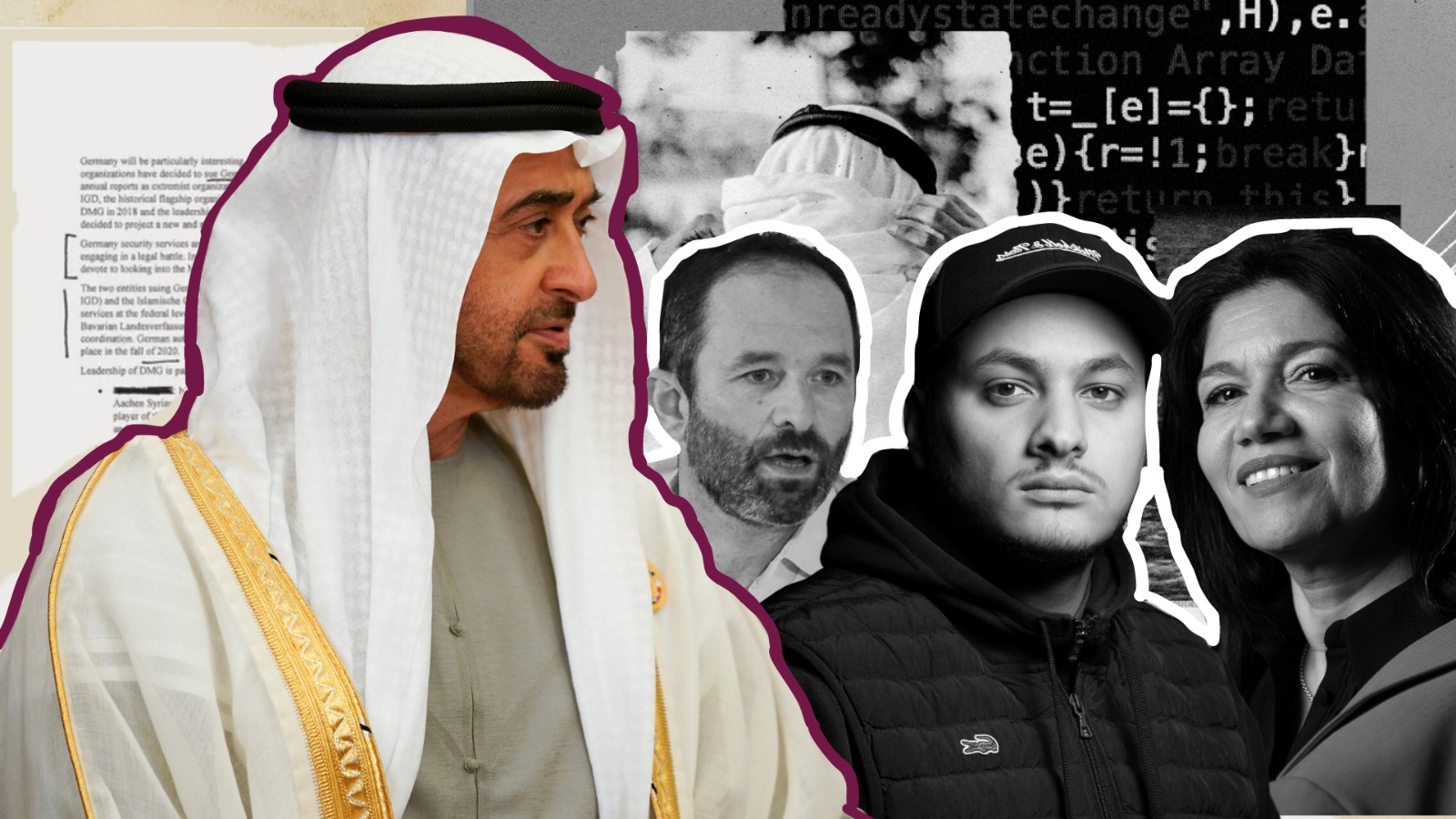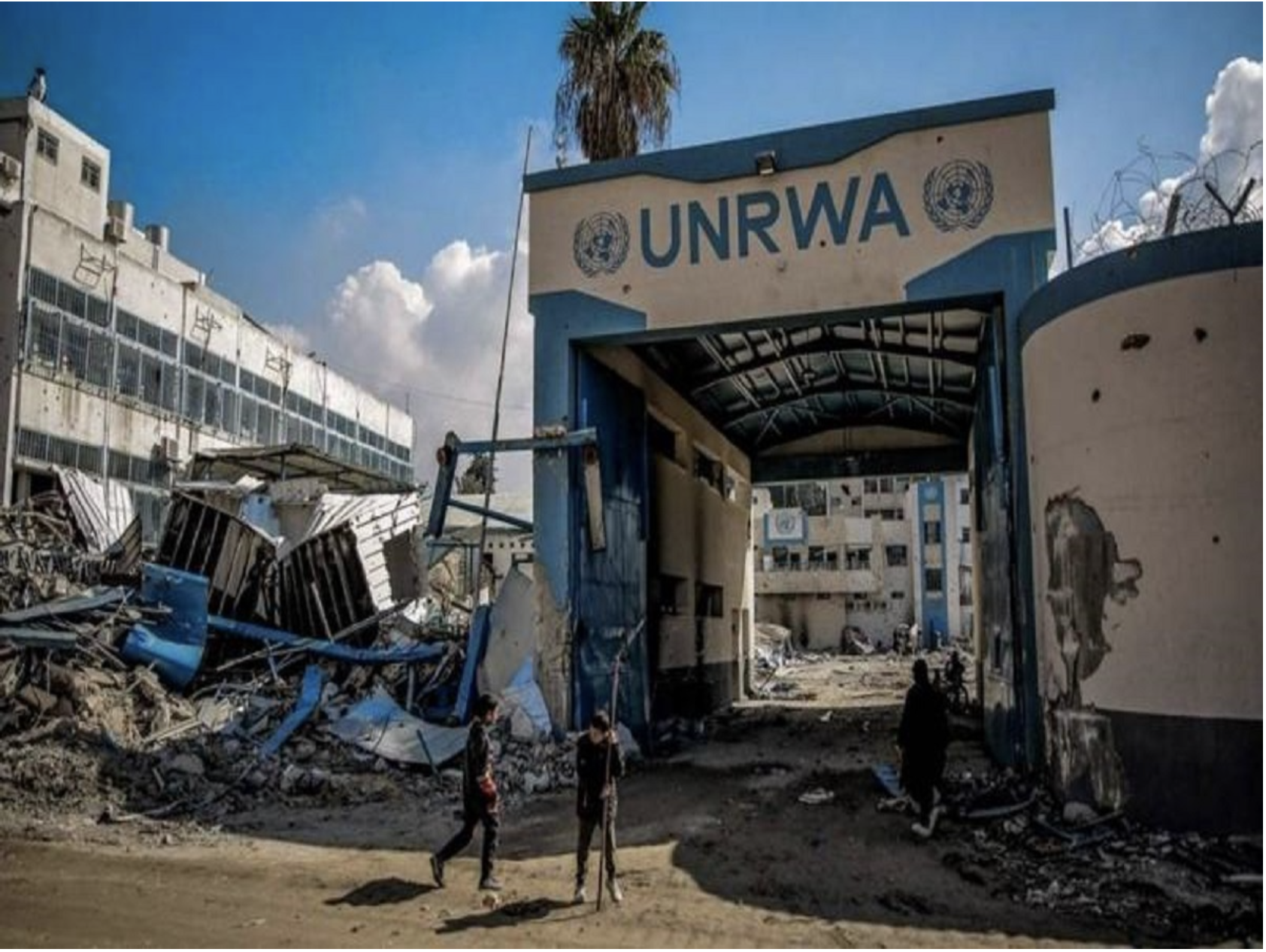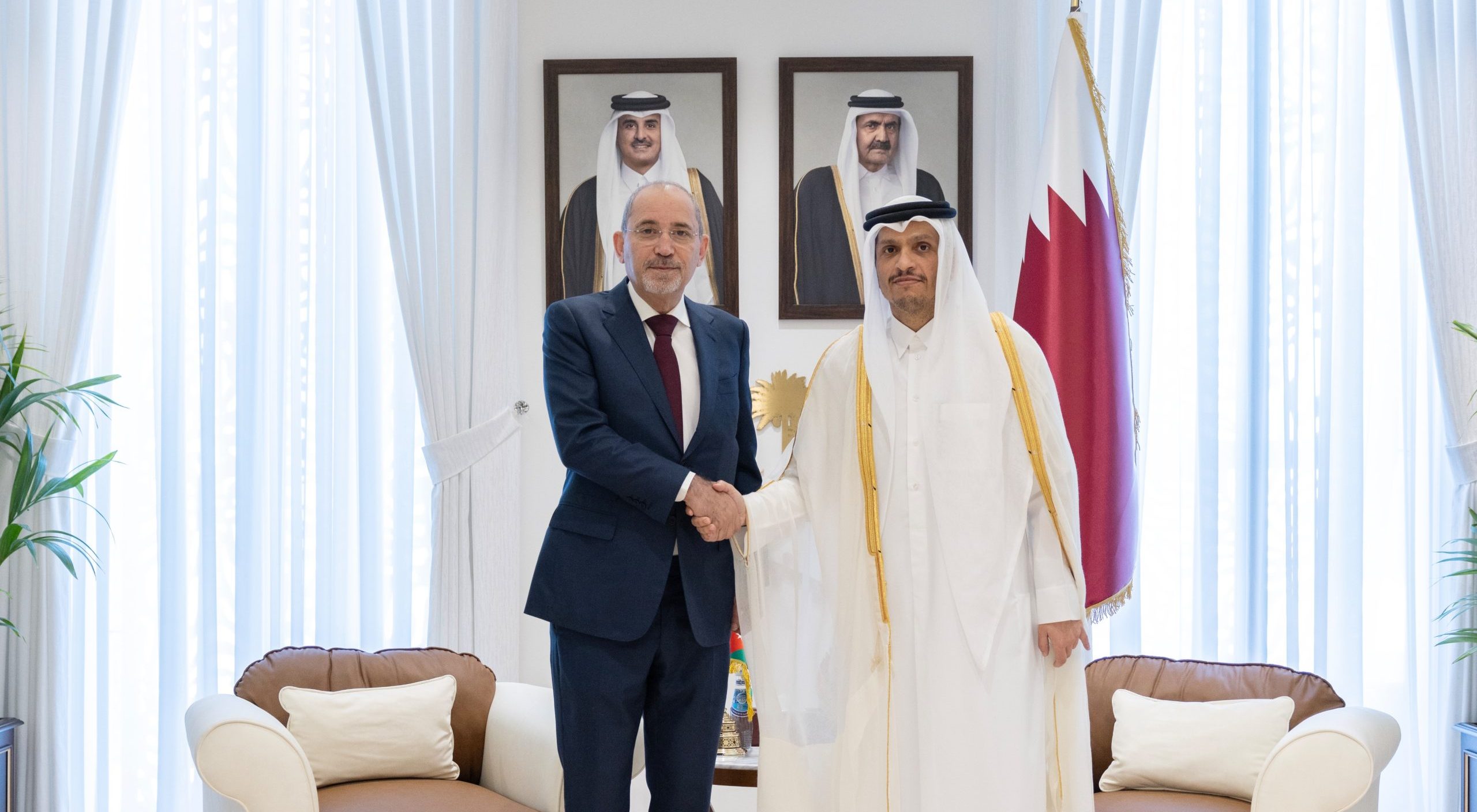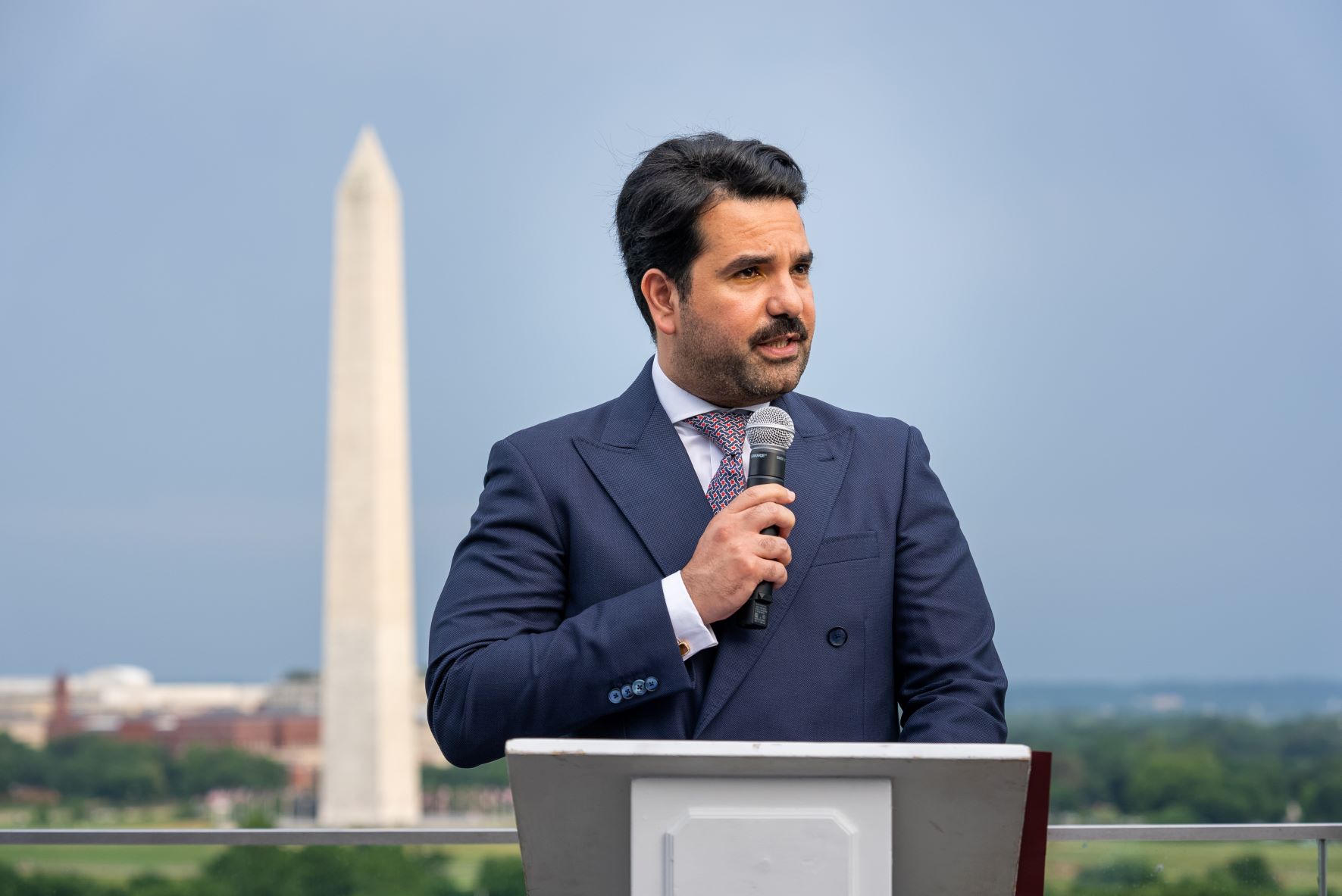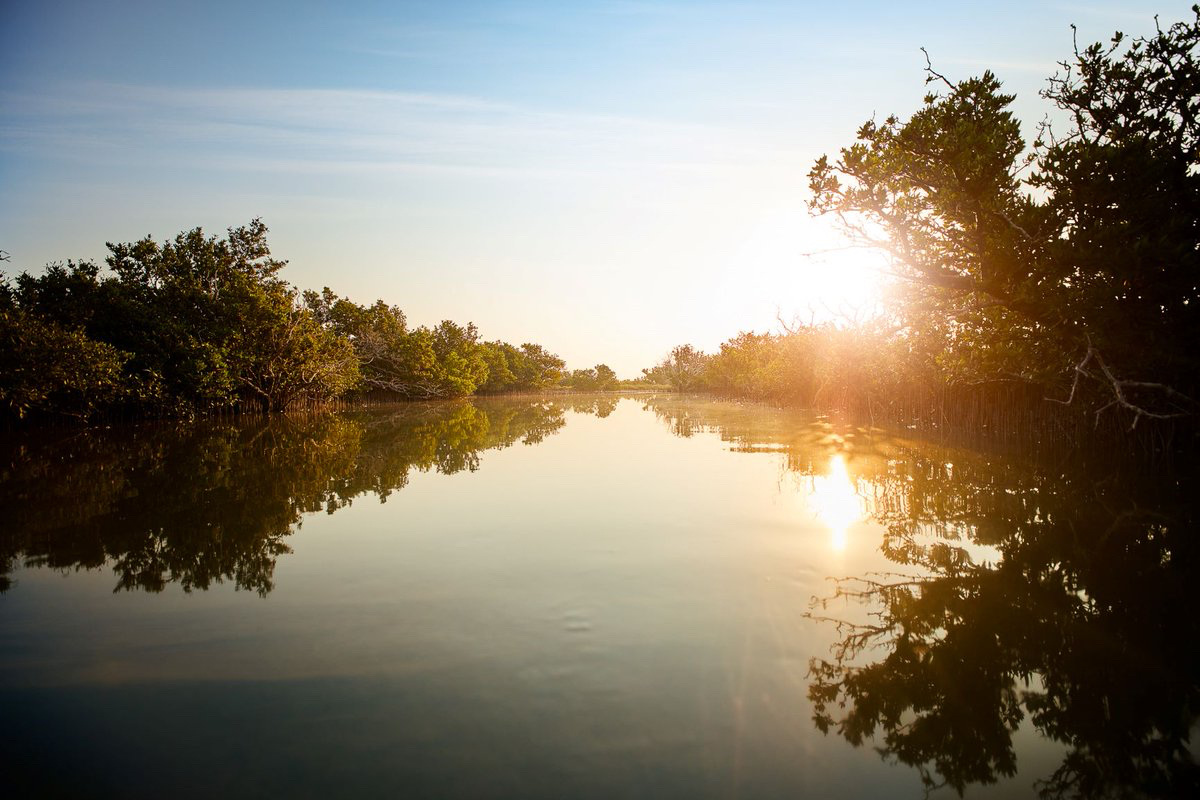The United Arab Emirates targeted a wide range of Muslims across Europe as part of its anti-Qatar smear campaign at the height of the GCC crisis in 2017, according to a damning cache of released documents dubbed the Abu Dhabi Secret Files.
Emirati intelligence services hired private Swiss company Alp Services to look into thousands of European Muslims, including influential figures, rights activists and prominent journalists, falsely drawing links between them and the Muslim Brotherhood [MB].
While the MB is a popular regional movement that was heavily involved in the Arab Spring of 2011, it is outlawed as a ‘terrorist organisation’ in the UAE.
The UAE’s vehement opposition towards the MB is not solely rooted in ideological differences. Rather, it stems from fears of a potential threat to the region’s autocratic regimes and monarchies, as witnessed in the rise of elected governments affiliated with the Brotherhood in Tunisia and Egypt following the Arab Spring of 2011.
In 2017, the UAE, Saudi Arabia, Bahrain and Egypt imposed an illegal air, land and sea blockade on Qatar that was intertwined with a mass smear campaign, justified by Doha’s alleged links with members of the MB.
Released by France-based Mediapart, the Abu Dhabi Secret Files highlights how the UAE intentionally misidentified targets as Islamists affiliated with the Muslim Brotherhood as part of a mass Alp Services operation codenamed ‘Arnica’ or ‘Crocus’, which primarily focused on Abu Dhabi’s two fixations: Qatar and the Muslim Brotherhood.
Speaking to Doha News, Dr Andreas Krieg, Assistant Professor at the School of Security Studies at King’s College London, said the operation was designed to disrupt the Muslim community’s communication by spreading fabricated information about individuals, with the intention of tarnishing the reputation of respected Muslims in Europe, as well as Muslim institutions and civil society organisations.
Benoît Hamon, Samia Ghali, the CNRS, and La France insoumise are among the individuals affected by the data collection, Mediapart revealed in its latest report, which said a “frightening cartography” was sent to the secret services of the UAE.
Created by Alp Services, the alarming graphic depicts hundreds of individuals across Europe connected by arrows, supposedly constituting a network of radical Islamists. Previous reports by Mediapart and the New Yorker have already exposed some of the clandestine tactics employed by the agency on behalf of Abu Dhabi.
However, an even more startling revelation has emerged from the most recent investigative series, which is based on information from confidential documents acquired by Mediapart and subsequently shared with the European Investigative Collaborations (EIC) media network.
According to the documents Alp Services supplied the UAE services with a list of over 1,000 individuals and 400 organisations it falsely claimed were associated with the Muslim Brotherhood, in 18 European countries between 2017 and 2020.
This compilation was conducted outside any legal framework, and many of the individuals named have no connection to the MB.
Among those wrongly included in the list are former Socialist presidential candidate Benoît Hamon, Marseille’s deputy mayor and former senator Samia Ghali, author and filmmaker Rokhaya Diallo, as well as the Bondy Blog, Jean-Luc Mélenchon’s La France insoumise party, and even the CNRS, the French public body overseeing scientific research, the report detailed.
The list not only equates these individuals with convicted terrorists associated with Al-Qaeda but also includes their personal details and telephone numbers. All individuals on the list are labelled as either closely affiliated with or supporters of the Muslim Brotherhood.
Responding to the investigation, prominent French journalist Taha Bouhafs slammed the operation as a “social media watch” that collected names of individuals linked to “subjects or controversies having to do with, directly or indirectly, Islam or Islamophobia.”
“As we know, for years every public figure who takes a public stand against discrimination against Muslims has been taxed on social networks with Islamism and Brotherism. In particular by secular networks and circles close to the Republican Spring,” he said.
“For a long time we have been warning about the danger of this absolutely unjustified witch hunt, here is the result. We are stuck as enemies of the emirates, the Muslim Brotherhood organisation is considered a terrorist organisation there. This puts us in grave danger,” Bouhafs warned.
Dr Krieg said the Emiratis have over the years “found traditional partners for their narrative, which was about authoritarian stability, which is fear mongering about political Islam. And the kind of Muslim Brotherhood label was really cultivated as a very powerful narrative to discredit any sort of actor in the Muslim space.”
On the flip side, he said Doha has established its own networks within the Muslim public sphere in Europe, particularly when it comes to influencing discussions and leading discourse on Islam. Qatar has consistently shown a strong stance against Islamophobia and any organisation that promotes Islamophobic narratives as well as regional issues, particularly in Palestine.
“So the information networks of Qatar and the information networks of the UAE are somewhat diametrically opposed and they’re still competing,” Dr Krieg told Doha News.
“So if you want to undermine Qatar’s audiences and Qatar’s strength and its networks, you will have to attack them and the easiest way is by discrediting Muslim civil society in Europe because most of them have a leniency to support Qatar’s policy in the region, particularly when it came to the Arab Spring, advocating for freedom and liberal social, political liberalism during the Arab Spring, while the Emirates are obviously pushing for the other side,” he added.
The UAE has long categorised the Muslim Brotherhood as a “terrorist organisation”. The Gulf state has imposed stringent measures to clamp down on members of the group as well as those who engage in any criticism of the Emirates whatsoever.
Public demonstrations are prohibited, and a significant number of political dissidents, numbering at least 41, remain in detention even after completing their sentences, reports suggest. Emirati authorities have justified their continued imprisonment by accusing them of adopting “extremist thoughts”.
Notably, an investigation conducted by the NGO Forbidden Stories in 2021 shed light on the UAE’s targeting and surveillance of its adversaries through the use of Pegasus spyware. This spyware is capable of infiltrating mobile phones and gaining unauthorised access to personal data and communications.
Despite years of political tensions in the region, the UAE, Saudi Arabia, Bahrain and Egypt have now buried the hatchet with Qatar and largely resumed diplomatic and trade ties. The latest revelations from the Abu Dhabi Secret Files come amid ongoing efforts to thaw relations and subside tensions in the region. Last month, Doha and Abu Dhabi announced the reopening of their respective embassies.
“It’s still a very pragmatic rapprochement from both sides […] But what remains at the very heart of this relationship and also at the heart of the crisis that led to the blockade is an idea or difference over values and a difference over ideology as well,” Krieg told Doha News.
“That has not changed and that’s not something you can really negotiate over and it’s not really something where you can find a pragmatic solution for.”
Krieg said while he expects the relationship to be “good”, it will also be pragmatic.
“But I don’t think you can really build solid trust just because there is just a diametrically opposed ideological approach to security and politics and international affairs in the Muslim world, but also in the wider Arab world in the Middle East.”
The operation
Leading the operation is Mario Brero, a 77-year-old veteran of private investigations and the founder of Alp Services, an agency established in Geneva more than three decades ago.
On 7 August 2017, Brero detailed to Matar, an intelligence agent from the UAE, the proposal formulated by his agency two weeks prior—an extensive operation aimed to “map” and subsequently “discredit” the alleged enemies of the UAE.
The plan involved discreetly and extensively disseminating compromising information, Mediapart reported.
In 2017, there were multiple visits to Abu Dhabi, during which Matar guided the Swiss private investigators to his superior, the true mastermind behind the operation, named by Mediapart as Ali Saeed Al-Neyadi.
Al-Neyadi oversees a local administration responsible for crisis and natural disaster management. However, in reality, this organisation, which directly reports to the Supreme National Security Council, also serves as the armed wing of special operations, the report detailed.
Exchanges between the two struck a chord, leading to the signing of the first contract in October 2017. According to the documents gathered by Mediapart, Alp Services received a minimum of €5.7 million in payment between the years 2017 and 2020, with the funds being provided by a UAE research centre known as Al Ariaf, which allegedly acts as a front for the intelligence services.
These tactics encompass press campaigns, articles published under false identities, manipulation of Wikipedia pages, and even attempts to convince banks to close accounts. Hazim Nada, a Swiss-based businessman and owner of an oil trading company, fell victim to one such special operation by Alp Services, resulting in his bankruptcy, Mediapart reported.
Among the countries where the Swiss agency has been particularly active, France stands out. Multiple documents and reports have been produced, including a map titled “Muslim Brotherhood in France December 2020,” which alone lists 191 names and 125 organisations.
The files also show that Alp Services also gave Abu Dhabi’s intelligence services the option to place additional orders, targeting individuals of their choosing, at a cost ranging from 20,000 to 50,000 euros per person.
UAE spearheading anti-Qatar campaigns
The UAE has long engaged with or carried out smear campaigns against Qatar to ensure that, as experts argue, the positive reputation that Qatar has built over the last five years are tarnished.
“I suspect that many of these operations are still ongoing as we’ve seen prior to the World Cup last year. Emirati Information networks were used to proliferate and to ripen information networks and to proliferate disinformation about Qatar and misinformation about Qatar,” Dr Krieg told Doha News.
“I assume that this is going to continue for the time being because there’s plausible deniability for the UAE, there’s plausible deniability to continue doing what they’re doing and achieving relative gains in the information environment.”
Regarding the future of the UAE-baked anti-Qatar campaigns, Dr Krieg said: “These networks are still operating on behalf of the UAE and they can be mobilised against Qatar if and when the UAE decides to do so.”

